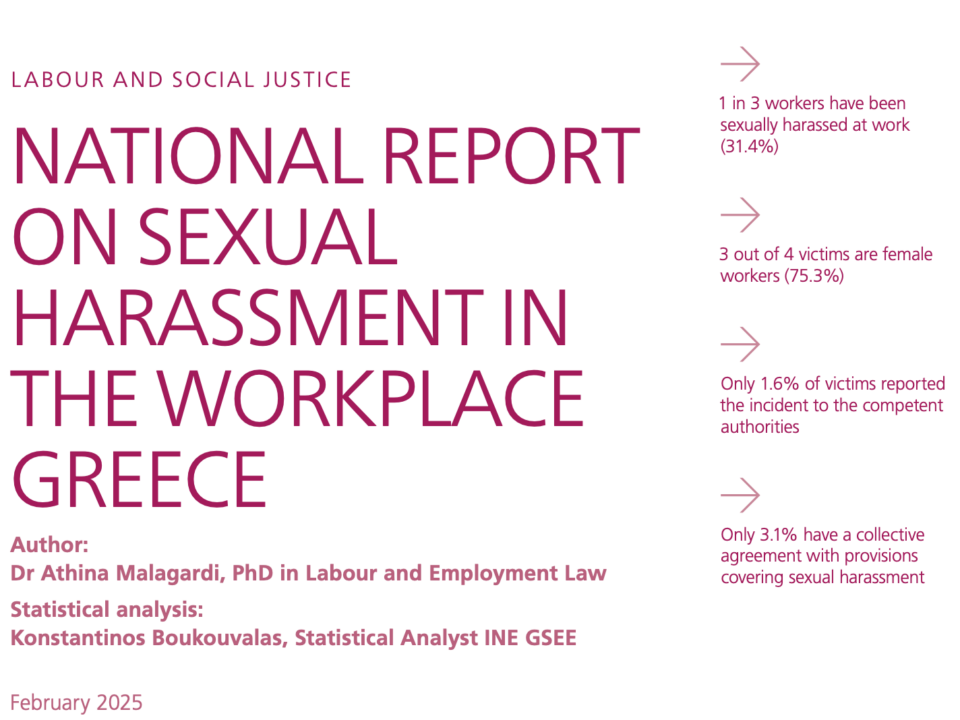Platform owners can act against the interests of gig workers by raising commission fees, selling user data to third parties, and using opaque algorithms that negatively affect the autonomy of gig workers to do business. In response, gig workers start their own platform cooperatives in direct competition with the incumbent platforms. A platform cooperative is a platform organisation that is collectively owned and democratically governed for the mutual benefit of its complementors, in this case gig workers (Bunders et al., 2022). In this paper, I make a different argument in favour of platform cooperatives, namely that they could outperform incumbent platforms in the gig economy in terms of innovation.
Despite widespread criticism about working conditions in the gig economy (Koutsimpogiorgos et al., 2020), regulation attempts have been slow and controversial as well (Stewart & Stanford, 2017). One reason for this – often advanced by incumbent platforms themselves – is that government regulation would stifle innovation in this novel market. The emergence of platform cooperatives presents an alternative organisational form that improves working conditions in the gig economy substantially, but it may be questioned if they also foster innovation. In other words, can platform cooperatives have their cake and eat it too?
I argue that platform cooperatives are in fact well-positioned to match or even outperform the innovativeness of incumbent platforms in the gig economy. They may do so through virtuous cycles between platform cooperatives and gig workers’ communities-of-practice, hybrid practices that combine algorithmic knowing with domain expertise, innovation based upon available means, firm-based organizing with strong community embedding, and competition based on quality instead of quantity. Future research should compare innovation trajectories of platform cooperatives and incumbent platforms side-by-side to empirically test the proposition advanced here. Nevertheless, the rise of platform cooperatives and their potential for innovation subvert the claim of incumbent platforms that labour regulations necessarily stifle innovation. In fact, the experimentation of platform cooperatives with diverse employment practices may even inspire government regulation.
The-innovativeness-of-platform-cooperatives_Damion-Bunders-
 Damion Bunders
Damion Bunders
PhD Candidate | Rotterdam School of Management, Erasmus University




